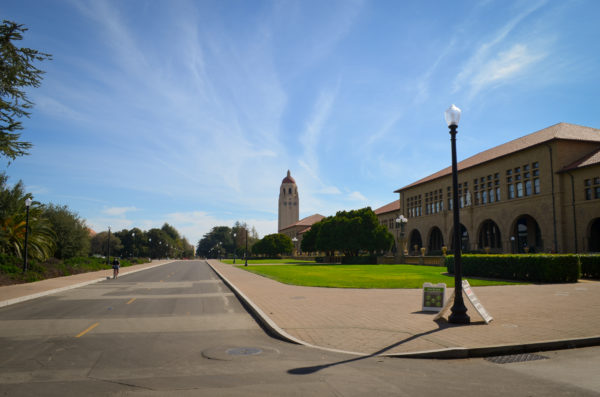The Undergraduate Senate (UGS) debated a resolution urging the University to implement various recommendations for promoting a diverse student body, following the Supreme Court’s reversal of affirmative action.
Among the recommendations discussed at the Wednesday meeting was a call for the University to add extra weight to factors like family residence and multilingual status in its holistic review of applicants. The resolution follows a historic June ruling by the Supreme Court, which struck down the use of race as a factor in admissions by public and private colleges and universities.
The University previously expressed disapproval with the Court’s decision and filed an amicus brief supporting race-conscious programs in August 2022.
Senator Dilan Desir ‘26 praised the intent of the resolution but expressed concern that potential consideration of parental occupation in admissions could cause unintended adverse impacts on low-income applicants.
“Using parental occupation as a way to get some level of context in an applicant’s life makes a lot of sense,” Desir said. “Using it as a proxy to guesstimate how someone is doing financially is something that can be deeply harmful.”
Desir said weighting parental occupation in admissions could unfairly bias applicants who may have had a parent with a lower-paying occupation but still benefited from generational wealth. It could also harm undocumented students who would not be able to provide the same information to the University as other applicants, Desir said.
Another contentious point was the resolution’s call for the University to update its guidance on admissions prior to the next application deadline. Desir questioned whether making such a change ahead of the fall 2023 deadline would be unfair to students who had already drafted their applications prior to the Court’s decision.
Co-chair Ritwik Tati ‘25 defended the recommendation, emphasizing the need for an urgent statement by the University on affirmative action.
“This resolution isn’t necessarily a catch-all, it’s more so an invitation for student input to be heard,” Tati said. “I’m personally leaving the wording in there, because I feel like it really emphasizes the urgency of the issue.”
Co-chair Diego Kagurabadza ‘25 noted the preliminary nature of the discussion and emphasized the Senate was not likely vote on the bill until later into the quarter.
ASSU Executive President Sophia Danielpour ‘24 also updated senators on the ASSU executive branch’s recent work to improve student life on campus. Danielpour and Executive Vice President Kyle Hackett ‘25 ran on a “Fun Strikes Back” campaign last year with the intent of increasing student engagement and inclusivity.
Among the University’s planned changes for the coming school year are improvements to various bureaucratic processes regarding student-planned initiatives, including a streamlined party registration and approval process and a clarified process for reserving Row houses.
Danielpour also addressed the need to create more community for students. According to Danielpour, the ASSU will be looking into designating more community spaces for student use. Stanford will additionally be introducing a new inter-neighborhood competition called Farm Games, which will give various neighborhood teams the opportunity to compete against each other in a variety of athletic and non-athletic events.
The ASSU will continue pushing for a change in student culture, Danielpour said.
“What we tried to accomplish over the summer was basically every goal within our platform that was potentially feasible in three months,” Danielpour said. “And now the goal is the longer-term shift in Stanford culture toward what students want.”
